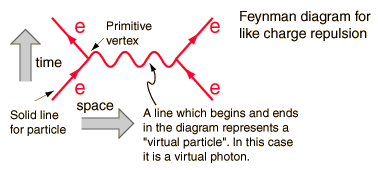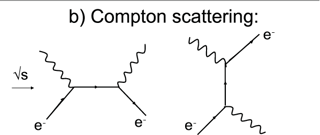I have read these questions:
Can bosons have anti-particles?
Is there a possibility for discovery of anti-graviton, i.e. the graviton antiparticle?
According to the accepted theory, the SM, all elementary particles do have their anti party, so do bosons that mediate.
The EM force is mediated by virtual photons.
Gravity is mediated by theoretical virtual gravitons.
The strong force is mediated by virtual gluons.
The weak force is mediated by virtual W and Z bosons.
All these bosons do have anti version according to the SM, so
photons are their own anti particles
gravitons too
gluons have their anti gluon versions
W and Z bosons too have their anti versions
Now since these virtual bosons mediate the fundamental forces, are there anti virtual bosons?
Question:
are there anti virtual bosons?
do these mediate the anti forces?


